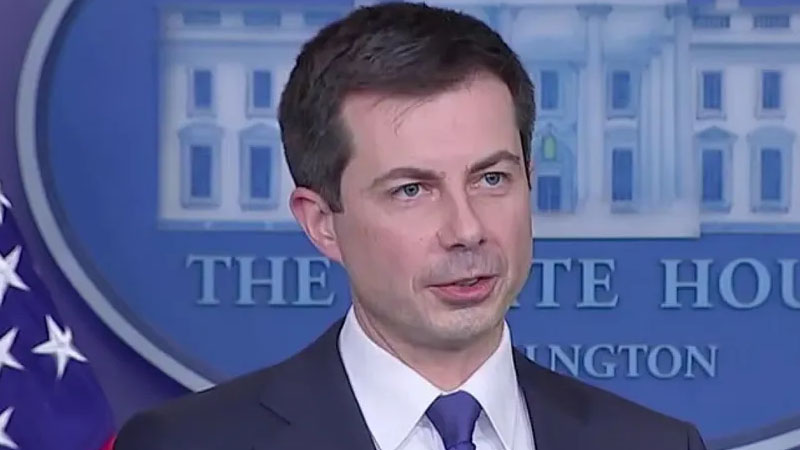Supreme Court Justice Points to Wife Amid New Scandal in Trump Case

Getty Images / AP
U.S. Supreme Court Justice Samuel Alito claimed that his wife, Martha-Ann, was solely responsible for displaying an upside-down American flag outside their home following the 2020 election. This statement comes amid controversy sparked by a report from The New York Times, which published a photograph of the inverted flag on Alito’s lawn in Alexandria, Virginia, on January 17, 2021.
The upside-down flag, a symbol used by some supporters of former President Donald Trump to contest the election results, appeared just 11 days after Trump supporters stormed the U.S. Capitol on January 6 while Congress was certifying President Joe Biden’s victory. Trump and his allies have repeatedly claimed, without evidence, that his 2020 loss was due to widespread election fraud.
In a statement emailed to The Times, Alito said he “had no involvement whatsoever in the flying of the flag,” explaining that it was “briefly placed by Mrs. Alito in response to a neighbor’s use of objectionable and personally insulting language on yard signs.” This explanation comes as the Supreme Court recently heard arguments on whether Trump is protected by presidential immunity in his federal election subversion case, with a ruling expected in the coming weeks.
Former federal prosecutor Joyce Vance reacted to the report on X, formerly known as Twitter, saying, “Judges are supposed to avoid politics. Justice Alito doesn’t seem to care.” Vance initially thought the flag was either placed by a vandal or that the photo was a deep fake, but learned that neither was the case.
Other legal experts also weighed in, including Georgia State University College of Law professor Anthony Kreis, who highlighted Alito’s statement blaming his wife. Kreis wrote on X, “‘TAKE THAT!,’ Samuel Alito said hanging a flag upside down—a traditional and normal way to express anger at a neighbor—before planning to blame everything on his wife, who thankfully, would take the brunt of his bad decisions as the rest of the women in America would soon feel.” He added in a follow-up post, “This is my theory of the case.”
Elie Mystal, attorney and justice correspondent for The Nation, also commented on X, saying, “Always gotta love when ‘strong manly republicans for personal responsibility’ throw their wives under the bus at the first available moment.” Mystal expressed disbelief in Alito’s claim of having no part in displaying the flag, writing, “I do not for ONE SOLITARY SECOND believe Alito had no part in putting up the inverted flag.”
Justice Alito is not the first Supreme Court justice to face scrutiny over potential bias. Justice Clarence Thomas has faced calls to recuse himself from Trump’s immunity case after his wife, Ginni, admitted to attending Trump’s rally before the January 6 attack. Thomas has also been questioned about his relationship with conservative figures like billionaire GOP donor Harlan Crow, who has funded several luxurious trips for Thomas and his wife, according to ProPublica reports.
In response to the scandals involving Justice Thomas, the Supreme Court adopted its first code of ethics in November 2023. However, this code has been criticized for lacking clear enforcement measures. The code, similar to one for lower courts, states that judges must remain impartial and avoid political statements on issues that could come before them. The Times report noted that the Supreme Court has warned its employees to avoid public political displays, and the court’s internal rules ban employees from displaying signs or bumper stickers.
Rahmani explained that the activities of a spouse, such as Ginni Thomas’ or Judge Juan Merchant’s daughter’s involvement in politics, do not necessarily require a judge’s recusal. Rahmani added, “Justice Alito reportedly blames his wife for flying the upside-down flag. If true, though it’s a terrible look, pundits and litigants can’t demand Justice Alito’s recusal on cases involving Joe Biden or Donald Trump.”


